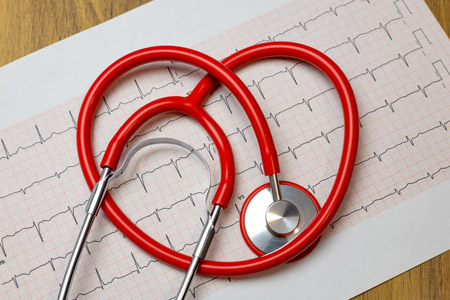


Getting More Protein for GLP-1 Weight Management Success
For individuals on GLP-1 medications like semaglutide or tirzepatide, you know that successful weight management doesn’t just come from the medication — it’s about holistic lifestyle changes. When adjusting your diet, adding more protein to your diet can significantly enhance your weight-management journey.
These medications work by reducing appetite through slower gastric processes and improving insulin sensitivity. By combining GLP-1s with a balanced diet, particularly one rich in protein, can maximize weight management while maintaining overall health.
Let’s dive into why protein is so important for success on GLP-1 therapies.
Protein Preserves Muscle While Losing Fat
Weight loss often includes muscle loss, which can slow your metabolism and impact your energy levels. Protein helps preserve lean muscle mass during calorie deficits. By eating protein-rich foods, your body is more likely to burn fat while retaining muscle.
Protein is also essential for repairing tissues and producing enzymes and hormones that naturally help our body regulate hunger cues. As you lose weight, maintaining adequate protein intake ensures your body functions optimally, helping you feel energized and balanced.
Protein Keeps You Feeling Fuller, Longer
GLP-1 medications naturally curb hunger, but protein amplifies this effect by slowing digestion and promoting satiety. Foods rich in protein like eggs, chicken, fish, Greek yogurt, and legumes help you feel satisfied longer, reducing the temptation to overeat or snack unnecessarily.
How Much Protein Do You Need?
Aim for 0.8 to 1.2 grams of protein per pound of body weight daily, depending on your activity level, age, and goals. For example, a 150-pound person might need 120-180 grams of protein per day. Spread this intake across meals to keep your metabolism active and avoid muscle breakdown.
Incorporating more protein into your diet while on GLP-1 therapy can help you achieve sustainable, healthy weight loss. By focusing on nutrient-rich, high-protein foods, you’ll build a strong foundation for long-term success.
The information on this site is for informational purposes only and should not replace direct medical advice, diagnosis, or treatment from your doctor or another qualified healthcare provider.
Sources:
“GLP-1 Agonists.” Cleveland Clinic.
“Can Certain Foods Impact Your Ozempic Side Effects?” Cleveland Clinic.



















.jpg)





















.jpg)

















.jpg)


























.jpg)
.jpg)
.jpg)













